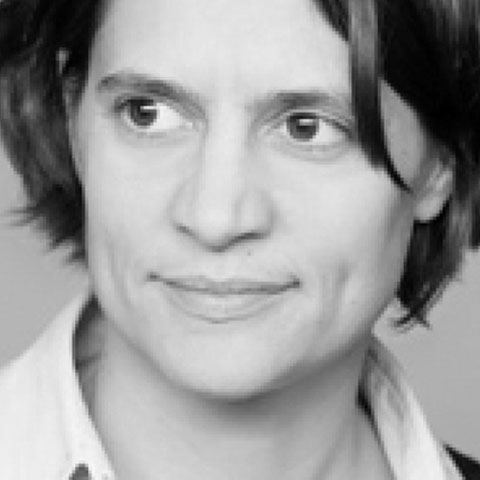KLI Colloquia are informal, public talks that are followed by extensive dissussions. Speakers are KLI fellows or visiting researchers who are interested in presenting their work to an interdisciplinary audience and discussing it in a wider research context. We offer three types of talks:
1. Current Research Talks. KLI fellows or visiting researchers present and discuss their most recent research with the KLI fellows and the Vienna scientific community.
2. Future Research Talks. Visiting researchers present and discuss future projects and ideas togehter with the KLI fellows and the Vienna scientific community.
3. Professional Developmental Talks. Experts about research grants and applications at the Austrian and European levels present career opportunities and strategies to late-PhD and post-doctoral researchers.
- The presentation language is English.
- If you are interested in presenting your current or future work at the KLI, please contact the Scientific Director or the Executive Manager.
Event Details

Topic description:
For the last two hundred years, the developmental series has served as the main means of visual representation in embryology. The typical developmental series consists of a sequence of images each depicting a different stage in the genesis of the embryo. Over the last two decades, novel techniques of imaging have been introduced. Techniques such as the “in toto” representation or “multiview in vivo imaging” of the embryogenesis of an organism aim at tracing every single cell, from every angle, in every moment throughout the entire course of development. The ultimate aim is a predictive computational model of embryogenesis.
In my paper, I will discuss the impact of new techniques of imaging and computing embryogenesis on the biological notion of development. In particular, I will ask what the claim of a) conceiving of the totality of embryogenesis and b) of its ‘in vivo’ representation entail and will argue that the new imaging techniques shift the border between where the representation of life begins and its reality ends. As I will show, this not only has consequences for the concept of time at the heart of the notion of development, but also of the living as put forward in current developmental biology.
Biographical note:
Janina Wellmann graduated from Humboldt University Berlin and holds a joint PhD in history of science from the Technical University Berlin and the Ecole de Hautes Etudes en Sciences Sociales Paris. She stayed as a post-doctoral fellow at the Max Planck Institute for the History of Science, the Cohn Institute for the History and Philosophy of Science and Ideas at Tel Aviv University and spent the year 2013/14 as a fellow at the Wissenschaftskolleg zu Berlin. Her work focuses on the history and epistemology of the life sciences in the modern era. She is the author of The Form of Becoming. Embryology and the Epistemology of Rhythm 1760-1830. New York: Zone Books 2017.


